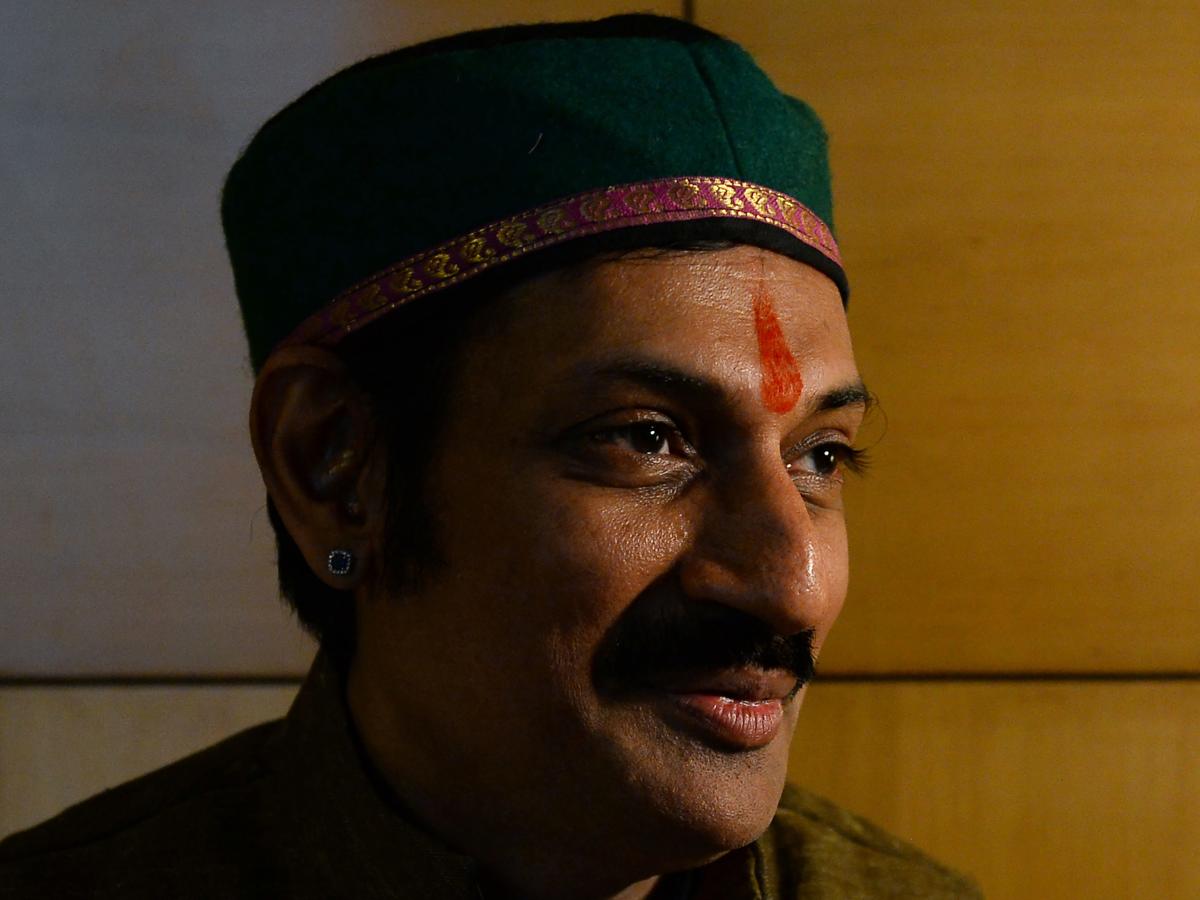Prince Manvendra Singh Gohil made history in 2006 as India’s first openly gay prince. Despite India’s recent rejection of same-sex marriage, Gohil remains hopeful for the future of LGBTQ+ rights in the country. The court did rule in favor of transgender couples’ right to marry and proposed the formation of a committee to address LGBTQ+ rights.
Prince Manvendra Singh Gohil, who came out as India’s first openly gay prince in 2006, shared his story and advocacy for LGBTQ+ rights in India. He founded the Lakshya Trust, a nonprofit organization dedicated to HIV/AIDS education and prevention. This essay has been edited for brevity and clarity.
During my childhood, understanding my sexuality was impossible due to the absence of school counselors. I had no one to confide in or discuss my feelings and behaviors. Additionally, there were no sex education programs, and parents were reluctant to address the topic. Consequently, many children grew up confused about their sexuality.
Fortunately, there has been a significant shift in societal attitudes. We now have numerous allies, such as the Rainbow Parents association, comprising over 200 accepting parents from across India. The Indian Psychiatric Society also resolved that homosexuality should not be considered a mental disorder. Furthermore, Bollywood and the media have made strides in depicting LGBTQ+ individuals more accurately and respectfully.
A substantial change has occurred among the youth population, which is the largest in the world in India. Students have become more curious and aware of LGBTQ+ issues. As a result, I have given multiple TED Talks directed by students. Their allyship gives me hope for a brighter future in India, as they are our country’s future.
Regarding the Supreme Court’s recent rejection of same-sex marriage, there is disappointment, but positive steps have also been taken for LGBTQ+ rights. Although same-sex marriage was not legalized, the court recognized the rights of transgender couples to marry. Additionally, they acknowledged that any couple can live together without facing discrimination or violence. The government also suggested forming a committee to address the challenges faced by same-sex couples.
I am optimistic about the future of LGBTQ+ rights in India. I have worked with political representatives from every party and have gained valuable allies. While the petition for same-sex unions was rejected, the government has become more educated on the issue. It is crucial that we focus on finding solutions rather than dwelling on disappointments. Our duty is to continue working towards progress.


